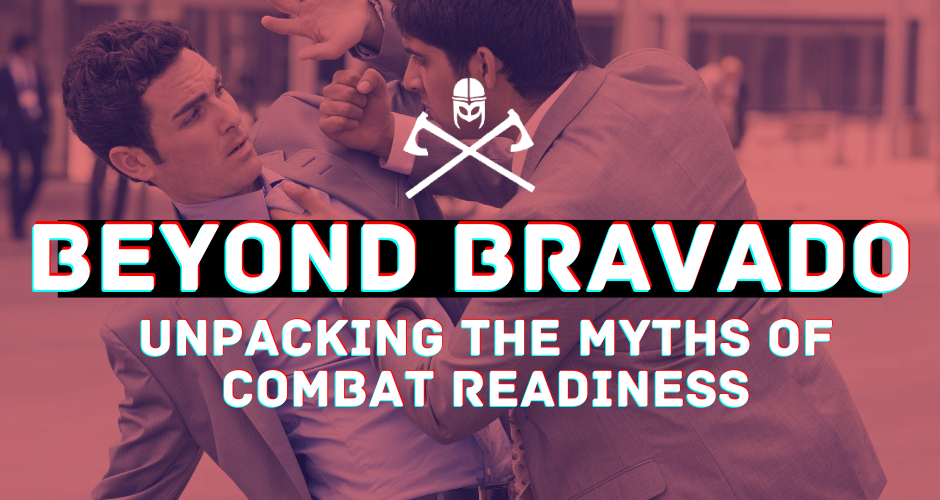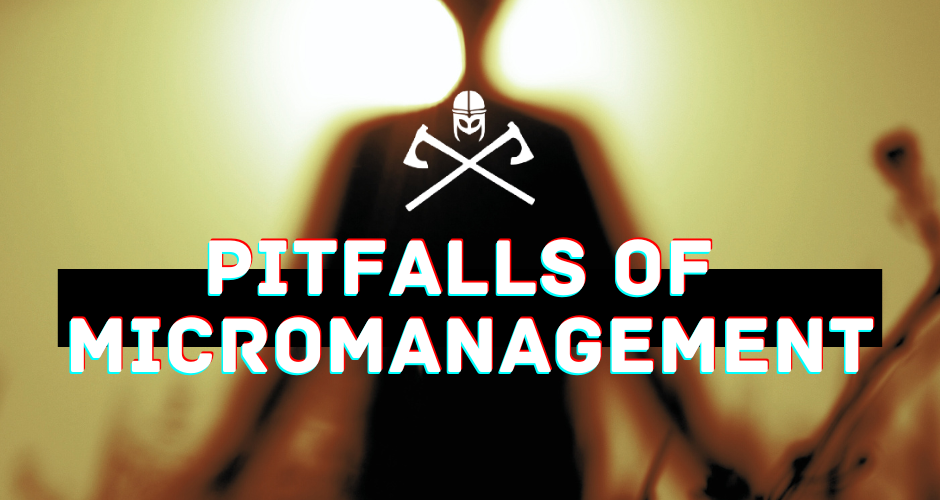
by Gene Crawford | Oct 14, 2024 | Podcast
In the latest episode of our podcast, we delve into the intriguing world of perceived combat readiness versus reality. This episode unravels the misconceptions many hold about their fighting capabilities and explores the psychological factors contributing to this phenomenon.
The Overestimation of Fighting Abilities
Our journey begins with an exploration of why individuals, especially men, often overestimate their fighting skills. Through the lens of psychology, we uncover how societal norms and media portrayals fuel this overconfidence. The Dunning-Kruger effect, a cognitive bias where people with limited knowledge overestimate their competence, plays a significant role here. We discuss how this bias, coupled with the illusion of invulnerability, leads many to believe they can handle real-world confrontations without formal training.
Identifying True Combat Readiness
Moving beyond misconceptions, we dive into what truly defines a skilled fighter. Contrary to popular belief, characteristics like cauliflower ear aren’t definitive indicators of fighting prowess. Instead, seasoned fighters exhibit a keen understanding of managing distance and avoiding unnecessary confrontations. We emphasize the importance of self-defense laws and nonviolent de-escalation techniques, highlighting the wisdom in choosing battles wisely.
Physicality vs. Preparedness
The discussion takes an interesting turn as we debate the role of physicality in combat readiness. Drawing on humorous anecdotes, including Cenk Uygur’s controversial claim of standing a chance against Joe Rogan, we highlight the gap between perceived and actual toughness. Our conversation underscores that physical size alone does not equate to combat skill, and societal attitudes towards physicality often skew perceptions of readiness.
The Role of Willpower in Street Fights
We explore hypothetical scenarios, such as potential street fights involving public figures like Alex Jones and Elon Musk. Here, the emphasis shifts to willpower and experience over pure technique. We reflect on past street fights, noting that resilience and the ability to take a punch often trump mere physicality. The psychology of fighting is dissected, revealing the disparities between actual skill and self-perception.
The Transformative Power of Martial Arts
Let’s take a deep dive into the world of martial arts, where respect, resilience, and continuous training redefine combat readiness. We discuss the Dunning-Kruger effect within martial arts training and the importance of respecting others’ skills. By fostering a challenging environment, practitioners can develop invaluable confidence and resilience, pushing past adversity to achieve true mastery.
Whether you’re interested in the psychology behind fighting or the practicalities of self-defense, this episode offers a comprehensive exploration of the myths and realities of combat readiness. Join us as we challenge traditional notions of toughness and redefine what it means to be truly prepared.
(more…)

by Gene Crawford | Oct 7, 2024 | Podcast
Join us as we explore micromanagement in leadership, examining its causes, effects, and how to handle it. We question whether micromanaging stems from a need for control, sharing personal stories that show how anxiety over performance and pressure from higher management can contribute. We discuss its negative impact on creativity and respect, with examples from project management where excessive oversight hurt productivity. Through relatable scenarios like home remodeling,
we reflect on leadership, trust, and lessons from Jocko Willink’s Echelon Front, debating if trust must be earned from micromanaging leaders. We also consider the practicality of decentralized leadership and the responsibility to not enable micromanagement, challenging the idea of overcompensating for a controlling boss. The episode highlights the importance of communication, accountability, and trust, with personal stories emphasizing the benefits of autonomy and a trusting boss. We end with a humorous call for micromanagers to trust their teams—maybe even try a karate class to let go of control—and offer insights on improving leadership to create more respectful, effective work environments.
(more…)

by Gene Crawford | Sep 30, 2024 | Podcast
The leaked MrBeast employee manual, which surfaced in September 2024, provides insights into the operations and production philosophy behind one of YouTube’s largest channels. The 36-page document, intended as an internal onboarding guide, outlines the high expectations MrBeast (Jimmy Donaldson) has for his team. It stresses a results-driven culture, where employees are judged on their output rather than the hours worked. The document categorizes employees into “A-Players,” who are the best at what they do, and warns against keeping “C-Players,” who are seen as detrimental to the team’s performance. This leak has come at a time when MrBeast faces various controversies, adding more fuel to ongoing debates about his work culture.
The A, B, and C player section of MrBeast’s leaked employee manual has sparked debate. It categorizes employees based on their performance: A-players are high-performing, coachable, and obsessed with their work, while B-players are trainable. However, C-players are deemed “poisonous” and should be removed from the company immediately. This has led to mixed reactions, with some praising the focus on excellence, while others criticize the potential harshness and pressure this framework imposes on employees.
(more…)

by Gene Crawford | Sep 23, 2024 | Podcast
Delve into the multifaceted world of jujitsu, exploring its potential for real-life self-defense, the challenges within the martial arts community, and the personal growth that stems from adversity. This episode is packed with gripping stories, insightful discussions, and practical advice. This is a must-listen for anyone interested in martial arts, personal development, or self-defense. The episode offers a balanced mix of real-life applications, critical discussions, and motivational insights, making it both informative and inspiring. Tune in to gain a deeper understanding of jujitsu’s potential to transform not just your physical capabilities, but your entire mindset.
(more…)

by Gene Crawford | Sep 10, 2024 | Podcast
In this episode we delve into the extraordinary life and career of Doug Bramlett, a seasoned veteran of both the military and law enforcement. His journey from an aspiring investigator to guarding Air Force One is filled with inspiring tales and profound insights. This episode not only explores Doug’s professional milestones but also touches on the critical topics of high level training and mental health challenges faced by first responders.
One of the most profound aspects of this episode is Doug’s candid discussion about the psychological toll of a career in law enforcement. He shares personal experiences dealing with trauma and hypervigilance, and the importance of seeking counseling and support. Programs like the VA’s trauma recovery and Travis Howze’ Post Traumatic Purpose seminars are highlighted as invaluable resources for first responders. Doug’s reflections on the ongoing journey of healing and addressing mental health struggles early provide a heartfelt and powerful perspective on resilience and recovery.
Doug’s insights into the complexities of police firearms training, the intricacies of fraud investigations, and the emotional challenges faced by first responders make for a compelling and enlightening conversation. Doug’s story is a testament to the resilience and dedication required in a career dedicated to public service, and his emphasis on the importance of mental health support is a crucial reminder for all those in similar fields.
Tune in to this powerful episode to hear Doug’s full story and gain valuable insights into the world of law enforcement and mental health.
(more…)





